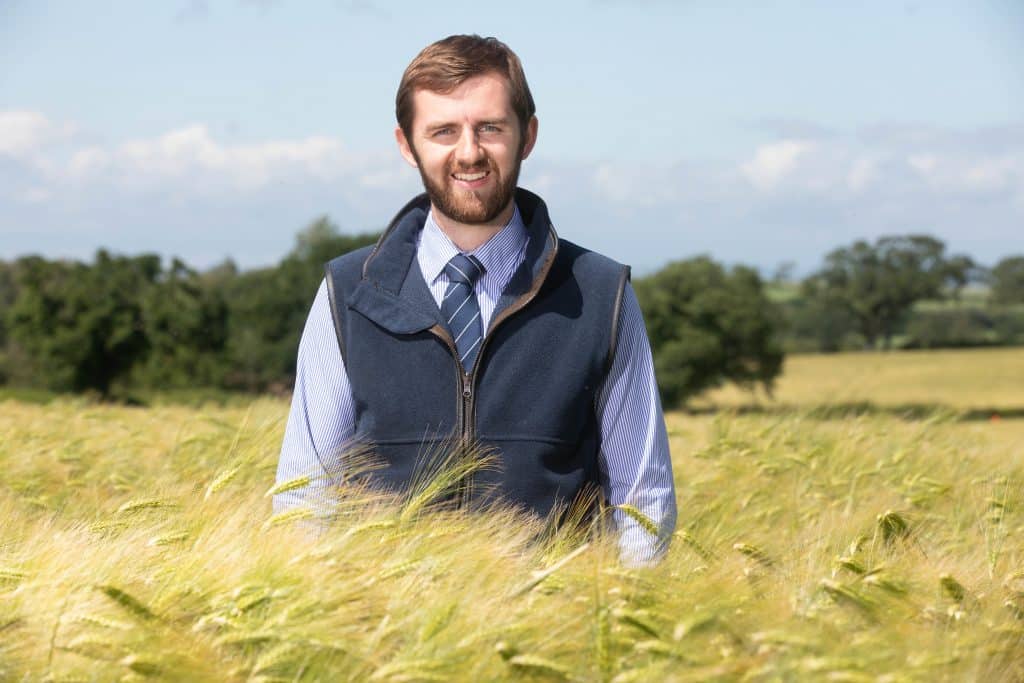Pigeons decimate OSR and a herbicide warning – Farmers Weekly
Damage from pigeons has been widespread in oilseed rape, with crops being decimated in some of the worst attacks in years ...
Some fields where the growing points are intact may recover, but in extreme cases they may need to be written off.
Some winter wheats are requiring contact grassweed control, now the weather has improved, but farmers are being warned that the huge swings in day and night temperatures mean it’s easy to see negative crop effects.
Timing will therefore be key, and keep an eye on the forecast temperatures when planning applications.
North - Conor Campbell, Hutchinsons (Northumberland)
Spring is upon us, and what a difference a year makes. This time is much more positive, with some excellent crop potential when driving around the area.
Some mild and windy weather is helping to dry the land out, which is letting us get some fertiliser onto these crops.
I would say over the past couple of weeks and the coming week, all crops will receive a dose of fertiliser.
When looking at the winter weather data, we’ve had a relatively mild and dry period. Cold snaps have been balanced out by warmer temperatures, and this is evident in the field.
We are all seeing yellow rust in wheat crops and while the temptation is to put this down to a lack of juvenile plant resistance, last year will tell you that the inoculum is in the plant and early protection is essential.
We haven’t had a harsh winter to reduce disease pressure, and so good disease management will be essential to maximise crop potential.
We have a lot of new chemistry available to us this year and those looking to push crops should consider incorporating these products into their programmes.
Weed control
The first job on the list will be weed control and, in particular, grassweeds. It is tempting to apply this now, but remember to check the forecast.
It’s important to note the difference between the daytime and nighttime temperatures (diurnal temperature).
We had a good frost here this morning, but we had a lovely 14/15C through the day yesterday.
That swing will cause crops to be stressed, and applying acetolactate synthase (ALS) inhibiting chemistry could have negative crop effects. So my suggestion is, get some nitrogen on these crops and wait until the weather is right.
We need actively growing weeds to get the most out of the chemistry. Bur chervil is appearing more frequently in the area and causing a headache. Aim to catch this weed early when it is still small.
Oilseed rapes have woken up and some crops are above the wellies. Autumn fungicides have definitely helped with disease management and I will aim to top up the light leaf spot suppression.
Canopy management is a consideration on the bigger crops, as we really want to slow the main stem down and encourage branching.
